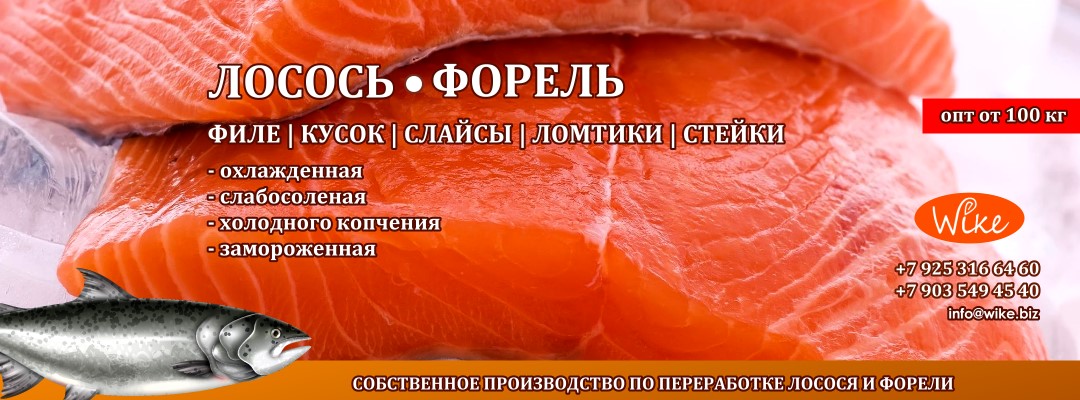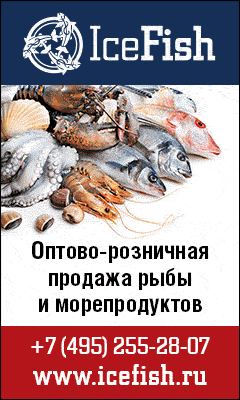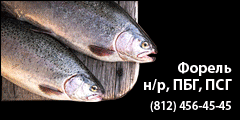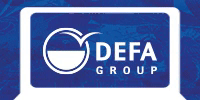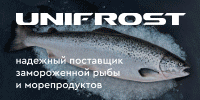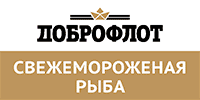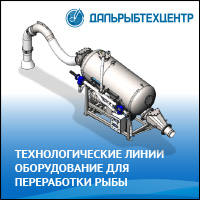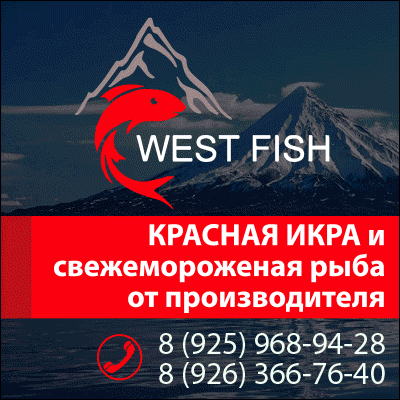Aquaculture Canada
Aquaculture Canada
1 - 4 июня, Санкт-Эндрюс, Нью-Брансуик, Канада (St. Andrews, New Brunswick)
Ежегодная канадская конференция отметит и 30-летие Ассоциации канадской аквакультуры (AAC). www.aquacultureassociation.ca
SESSIONS BEING PLANNED
1. History of Canadian Aquaculture Species Development
This session will provide an overview and historical perspective of the development of the key species cultured in Canada. It will present the historical context for why the species was selected, describe earlier stages of research, development and commercialisation, as well as elaborate on the challenges and successes on the road from lab to market. Lastly, presenters will articulate their perspective on the future and ongoing needs for the species.
2. Certification and Market Access
3. Special Symposium on climate Change and Aquaculture
It is now accepted that climate change is an inevitable threat to the sustainability of world aquaculture development. The impacts of climate change can occur as a result of increase water temperature and the associated physical changes that affect biological systems and from the frequency, intensity and location of drastic events. Thus, ACC and WAS will organise a special symposium within the AAC 2014 meeting to review and identify the key issues of climate change and their effects on aquaculture, to initiate a discussion on how the aquaculture industry can adapt to climate change in the near future. The symposium will try to identify and review the main issues of climate change in relation to aquaculture, to address the impact of physical changes on biological resources and aquatic ecosystems and how these impacts affect human food security to provide strategies within aquaculture for coping and adapting to these changes in a sustainable way.
4. IMTA (Freshwater and Saltwater)
As the Aquaculture Association of Canada (AAC) celebrates 30 years of existence, Integrated Multi-Trophic Aquaculture (IMTA) celebrates its 10th anniversary, as the expression and the acronym were created in Saint John, New Brunswick, on March 26, 2004.
Consistent with the general worldview that food and products from aquatic systems, produced in a sustainable manner, will be more and more sought globally by supportive human populations, research and development on more advanced aquaculture practices have been actively engaged.
Over the last decade, the IMTA concept has continued to evolve and expand within Canada, as well as in several other countries. It has been applied to open-water or land-based systems, marine or freshwater systems, and temperate or tropical systems. There is, in fact, no ultimate IMTA system. Different climatic, environmental, biological, physical, chemical, economic, historical, societal, political and governance conditions can lead to different choices in the design of the best suited IMTA systems, but all of them are based on the same principles of the IMTA concept.
If most of the IMTA developments of the past decade have taken place in the marine (open) water environment, they have also taken place at fresh (open) water operations, and in land-based, most-often freshwater operations (also called aquaponics). Presenters in this session will describe their latest advancements in their variation on IMTA and share their vision of its environmental, economic and societal potentials for improved aquanomic practices.
5. Fish Health (FW and SW)
The management of aquatic animal health is an essential factor as we advance the development of the aquaculture industry throughout Canada. Each Province and species has their own unique challenges; however, there are many areas of collective interest related to disease prevention and control, biosecurity, surveillance and new technologies that can be utilized and shared across jurisdictions. The aquaculture industry in Canada is diverse and is experiencing growth in not only finfish production, but a renewed interest in alternate species development such as char, halibut and sea bass to name a few. There is also significant shellfish production, which has only been strengthened by the advent of integrated multi-trophic aquaculture (IMTA). With further development and the addition of new species for cultivation, new health / management challenges will most likely come to the surface. This session will focus on a broad range of aquatic animal health issues affecting species cultivated in Canada with the intent to provide a forum to share lessons learned from a national and international perspective on aquatic animal health.
6. Genetic Technologies & Genomics
This session will provide a forum for presenting the latest in genetic technologies and genomics in aquaculture, encompassing both the development of new tools and techniques and the application of established method, including transgenics in aquaculture and research, single-sex and sterile populations, functional genomics, and marker assisted selection. This session will highlight the application of the newest technologies to improve and further develop the aquaculture industry in Canada, with particular focus on improvements in broodstock and nutrition.
7. History of Canadian Aquaculture: People and Laboratories
Posters will provide an overview and historical perspective of 1. The laboratories that were key/instrumental in the early (and or current?) development of aquaculture in Canada; and 2. A perspective on some of the early pioneers in the development of aquaculture in Canada.
The concept is to increase awareness of some of the history of key people and places and to learn from the past to provide insight for the future.
8. Aquaculture Systems Design
Advances in the design of land-based and marine aquaculture systems will be profiled in this session. Although the focus of the session will be on the design of recirculating aquaculture systems and offshore cages, we also encourage submissions on any topic related to aquacultural engineering.
9. Current Trends in Land-Based Aquaculture
This session will feature presentations on current trends in land-based aquaculture with an emphasis on new developments in recirculating aquaculture systems. The emphasis will be on project updates from commercial scale farms and pilot projects growing market size fish currently in operation in Canada and abroad. Presenters will highlight operational challenges and lessons learned as well as future needs for developing this technology and sector.
10. Farmed Seafood Sustainability Forum
Global seafood output is increasing rapidly owing to increased production from farming. The United Nations, World Bank, and the Conference Board of Canada all recognize seafood farming as necessary to meet global demand for nutritious and healthy animal protein for food security and poverty alleviation. They all advocate increasing the supply of sustainable seafood from Canada and elsewhere. The session will cover the status of Canadian farmed seafood output, what steps are being taken to increase Canadian output, and what the future may hold for our farmed seafood sector. An overview of the sustainability movement and certification standards will be provided, in addition to contributions from the FAO, the World Bank, the Canadian Aquaculture Industry Alliance, and leading producers.
11. Aquaculture Environmental Monitoring
Aquaculture environmental monitoring programs are employed in the Atlantic Provinces and in British Columbia to examine and monitor how aquaculture production impacts the aquatic environment. Advancing research to assist in the development of new monitoring tools is critical to industry sustainability and appropriate decision making. The aquaculture environmental monitoring session will highlight prospective tools, methodologies and emerging science related to aquaculture environmental monitoring to share the best information for improvement of policy, best practices and monitoring programs.
12. Shellfish Session
13. Developments in Open-Ocean/ Offshore Aquaculture
Farming fin- and shellfish in sites considered to be high-energy, offshore or in the open ocean has been explored and practiced for a variety of reasons: access to more consistent and favourable production conditions and the ability to develop new farm sites away from near-shore areas to avoid multi-user conflicts are but a few drivers. In some regions, "offshore" refers to a political/jurisdictional boundary (e.g. in the U.S. meaning Federal vs. State jurisdiction) however these sites are nonetheless typically exposed, high-energy marine sites. Despite the opportunity presented by open-ocean aquaculture, there are many distinct challenges such as appropriate engineering of containment systems and support systems (e.g. feeders), site monitoring, unknowns related to biological performance, regulatory issues, etc. This session will present talks on recent experience in the practice of pre-commercial or commercial-scale open-ocean farming and related scientific and technological developments.
14. Workshop Session - New Approaches to Communications
A knowledgeable public debate on scientific concepts is essential to inform public policy decisions. While popular scientists have influenced our perception of some issues, the mainstream scientific community must become more involved in communication to the general public through media. This workshop includes a panel discussion on efforts to bridge this communications and understanding gap through a variety of new thinking and communications tools.
15. Fish Nutrition and Feeds Formulation
This session will provide a forum for presenting the latest research in fish nutrition, encompassing both the development of novel ingredients and nutrient supply in formulation design to improve and further develop the aquaculture industry in Canada.

